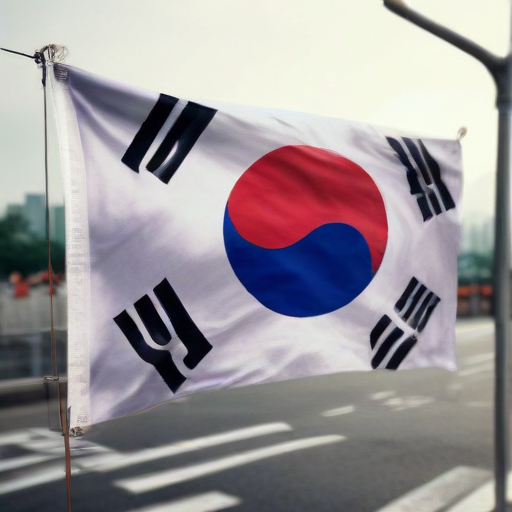In response to South Korean President Yoon Suk Yeol’s declaration of martial law, Boram Jang, a researcher from Amnesty International’s East Asia division, has voiced significant concerns regarding the potential implications for human rights in the nation. Jang emphasized that this declaration should not be a pretext for infringing upon individuals’ rights.
She called for President Yoon to provide clear justifications for the martial law and insisted that any measures taken which limit human rights must be exceptional, temporary, and confined to what is strictly necessary given the situation. Furthermore, she highlighted the importance of any such measures being subject to judicial scrutiny.
Jang pointed out that if this martial law results in transferring administrative and judicial authority to the military, it could reverse decades of advances in human rights and could potentially violate international human rights laws and standards. She stressed that even in times of emergency, the rule of law must prevail, warning that martial law should not be wielded as a means to suppress dissent or infringe upon basic freedoms.
The context surrounding this declaration reveals that President Yoon made this announcement in a late-night address, claiming the necessity to combat “shameless pro-North Korean anti-state forces.” Reports indicated that under this martial law, parliamentary activities and functions of political parties would be curtailed, with media operations placed under military control, leading to a ban on assemblies and demonstrations.
According to South Korean law, martial law can only be declared in extraordinary circumstances that threaten national survival, such as warfare or rebellion. The reasoning provided by President Yoon, pointing to alleged subversive activities and impeachment proceedings, raises questions about whether it meets the stringent legal requirements outlined in the country’s Constitution. International legal standards also stipulate that such measures must be exceptional and limited, prioritizing the protection of human rights.
Although the current developments are alarming, they serve as a crucial reminder of the importance of upholding human rights and the rule of law, even during periods of crisis. The international community’s vigilance and advocacy for democracy and fundamental freedoms can offer a glimmer of hope, encouraging a return to a more balanced and just governance approach in South Korea.
In summary, while concerns about the implications of martial law in South Korea are significant, continued advocacy from human rights organizations and the international community could help safeguard individual freedoms and uphold democratic values during these challenging times.
